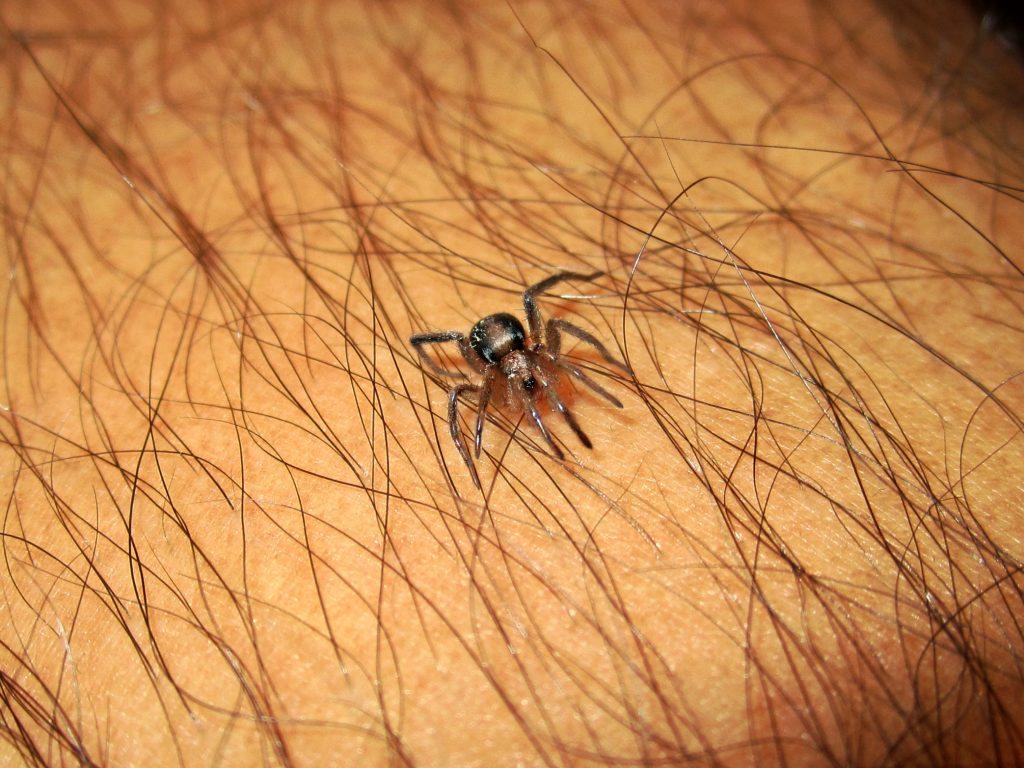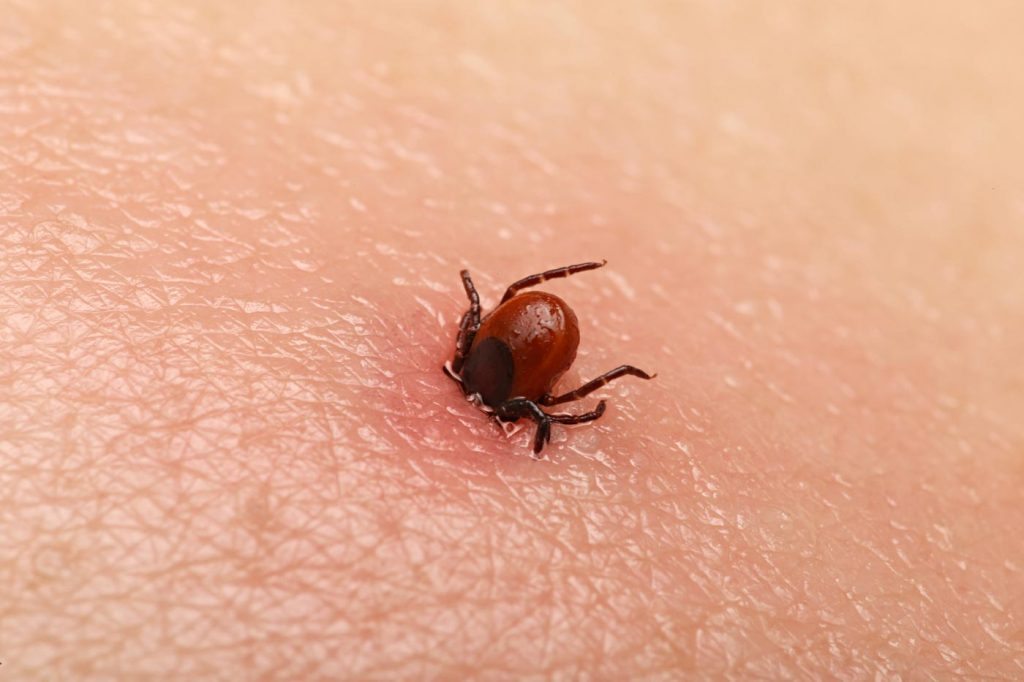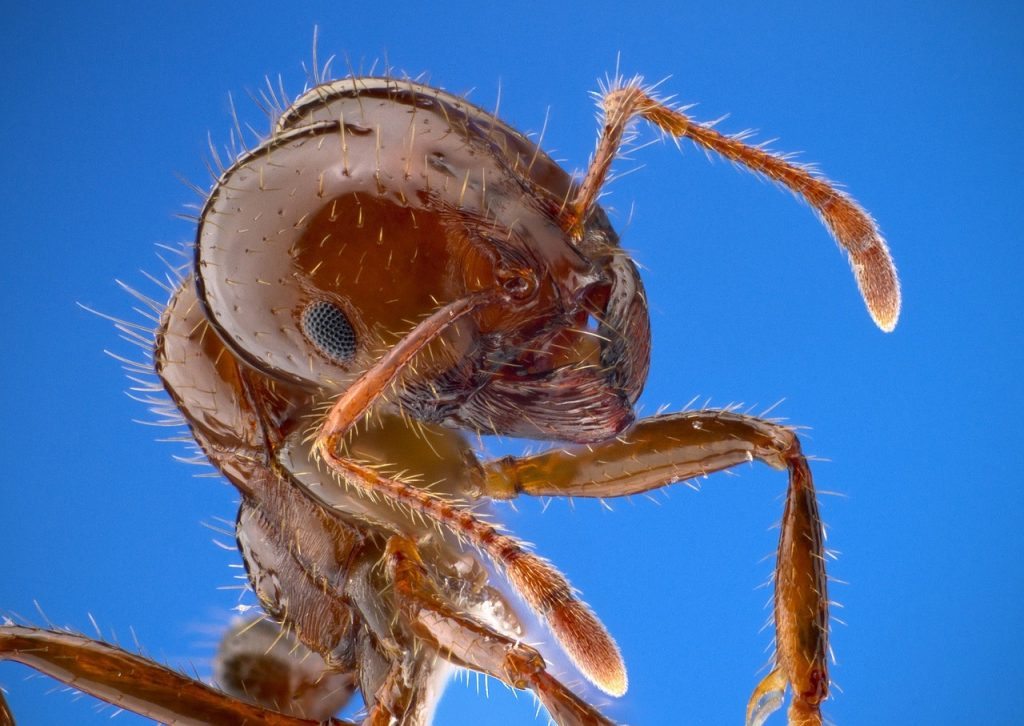Being bitten or stung by some kind of insect is as much a part of summer as pool parties and barbecues – and you can be reassured that the vast majority of bug bites are not serious, and will quickly heal.
However, some bites and stings can cause health problems for you or your family, either by spreading diseases or provoking an allergic reaction. With that in mind, it’s a good idea to familiarize yourself with the most common types of bite and sting so you know how to recognize and treat them when they occur.
Mosquito bites
Why do they bite? Mosquitoes bite us to harvest proteins from our blood. Studies have shown that they find some blood types more attractive than others, which – along with other factors such as exercise, clothing and even what you’ve had to drink – can explain why they bite some people frequently but seem to leave others alone.
Are their bites dangerous? The vast majority of mosquito bites will cause you nothing but itching. However, mosquitoes are well-known for transmitting diseases, including malaria, West Nile virus and – in the news most recently – the Zika virus. You’re extremely unlikely to catch the latter in the US, but with all mosquito bites, you should be alert to symptoms such as fever, headache, body aches or anything else indicating an infection. Seek medical help immediately if these symptoms occur.
How should I treat the bites? Unless the mosquito has transmitted a disease to you – in which case you need to be treated in a hospital right away – you can simply treat the bites with calamine lotion to soothe the itching.
Spider bites
Why do they bite? Spiders are not bloodsucking animals: they bite us only as a defense mechanism, for example, if they’re trapped or taken by surprise.
Are the bites dangerous? Most spider bites may cause redness, irritation and mild pain, but nothing more. However, there are two varieties of spider found in the US which can be dangerous: black widow spiders, whose bites can cause severe discomfort and symptoms of illness, and brown recluse spiders, whose bites have been known in a few rare cases to lead to death.

You can try to identify the culprit either by looking at the spider that bit you, or the bite itself. A black widow spider can usually be identified by its shiny black body, and the bright red hourglass shape on the underside of its large round abdomen; the bite will show two small puncture wounds, surrounded by a red, target-like shape as the venom spreads.
A brown recluse spider is also known as a ‘fiddleback’, because of the violin-shaped mark on the back of its upper body; its bite may not hurt at first but may develop into a very painful, white blister, with hard tissue around the edges of the bite.
How should I treat the bites? Most spider bites will require no treatment beyond a cooling pack to ease the itching and over-the-counter pain medication as needed. However, urgent medical treatment should be sought if you suspect you have been bitten by either a black widow or brown recluse spider: try to see a doctor the same day you are bitten, but do not drive yourself to the doctor’s office. In the meantime, clean the bite gently with soap and water, apply an ice pack (never heat), take a painkiller and keep the affected area elevated. If you have managed to catch the spider, bring it with you to the doctor if you can safely do so. There is an antivenom available for black widow spider bites, while brown recluse spider bites may in some cases require a tetanus shot and/or antibiotics.
Tick bites
Why do they bite? Ticks need blood to survive – that’s why they find humans so delicious. They’re most likely to bite you if you venture into their favorite hiding places – anywhere moist and humid, such as long grass or leaf litter.
Are their bites dangerous? Tick bites are not usually dangerous – in fact, they most likely won’t even hurt unless you’re allergic. However, they remain a health concern because certain ticks spread Lyme disease, among other blood-borne diseases.

How should I treat the bites? When it comes to ticks, prevention is better than cure. But when you’re outdoors, check exposed parts of your body thoroughly and at regular intervals. If you do spot an attached tick, remove it quickly with tweezers: you’re unlikely to contract Lyme disease unless the tick has been attached for 36-48 hours. Swab the area with rubbing alcohol and/or an antibiotic ointment.
Fire ant bites
Why do they bite? Fire ants actually only bite their victims to get a good grip on them before stinging them from their abdomen.
Are the bites dangerous? Fire ant bites are painful and itchy: the sensation and blister left by these ants can last for up to a week. However, they’re unlikely to be dangerous unless you have an allergic reaction.

How should I treat the bites? If you are bitten and stung by fire ants, the first step is to move well away from the ants! It’s normal to feel pain and for the area to swell, if you start to feel symptoms of allergy, such as shortness of breath or tightness in your throat, you should seek medical attention immediately, and/or inject yourself with an epi-pen if you have one.
Otherwise, elevate the affected area if possible, wash it gently with mild, soapy water, apply a cold compress and take an antihistamine. Blisters will form around the area of the bite: do not pop them, as this can lead to infection.
In the vast majority of cases, insect bites are an irritation rather than a threat. Just be sure to familiarize yourself with the appearance of common bugs and their bites, and be alert to your symptoms, so you can seek medical help in the unlikely event that it is needed.

